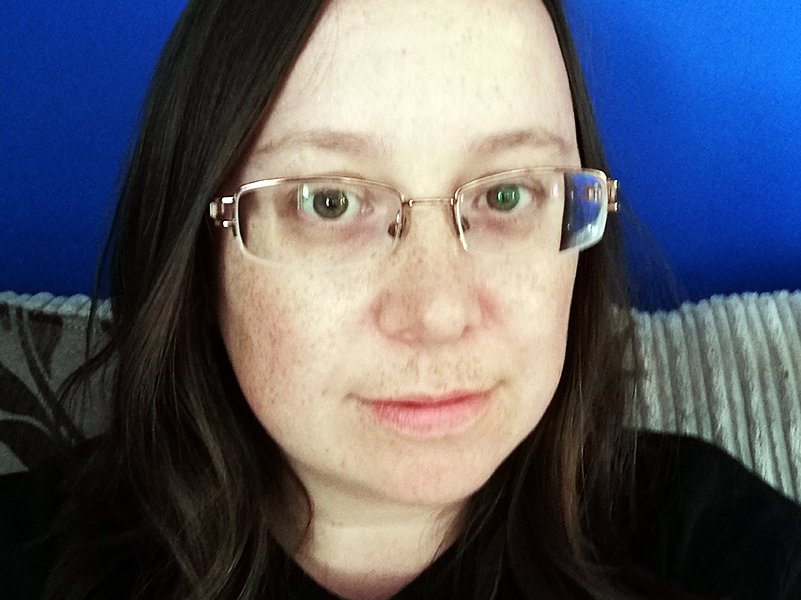Sarah-Jayne Dunn on the need for action on financial inclusion
The ultimate form of financial exclusion is not having access to a bank account.
Now for many of us, this may seem a strange comment because surely everyone has a bank account? However, across the UK there are 1.1 million people who don’t (around 160,000 in Scotland). This includes bankrupt people, refugees, ex-prisoners, homeless people and victim-survivors of domestic violence.
If you don’t have a bank account, everyday tasks become impossible. You can’t receive wages or benefit payments. You can’t get a private tenancy agreement. Bills are more expensive as you can’t take advantage of cheaper deals offered to those who pay by direct debit. It’s also harder to access affordable credit as lenders often rely on payments being made into or from a bank account.
And these problems are not just limited to the person concerned. Their wider family is affected too. All of this can have a domino effect, pushing them further into debt and poverty, further excluding them from modern society and not just financially.
The good news is that there is a solution to the problem of people not having a bank account. Since 2015 banks have been encouraged to offer a Basic Bank Account (BBA) - a no-frills option for those who need it. The bad news though, revealed this week in our report, Holding To Account, is that of the twelve banking institutions who offer these life-changing accounts, only two are easily accessible.
The majority don’t allow a person to apply directly for a BBA, instead, taking away their right of choice. A person has to formally request a BBA or is made to apply for a standard current account, even though they will be rejected for this and will then have to wait and hope to be offered a BBA.
Most banks only allow online applications or require you to physically go to a branch to open one – more barriers for vulnerable people who are often unable to do either of these things.
CAB advisers regularly see people who need a BBA but can’t access one. Particularly in rural areas, branch location can make it challenging in terms of distance. Others are excluded digitally because they can’t get online to make an application. Some people are blocked because they have a poor credit history or lack the identification documents requested by banks for verification.
No matter the reason – these barriers go against the very principle of a BBA, having a serious impact on the income, employability and wellbeing of so many people. The BBA system was designed with the very purpose of supporting the most vulnerable in our society to be financially included and able to access what they need to become financially stable. Barricading this way with inflexible policies, inaccessible hurdles to applications and not even advertising the product means that people can’t get this vital financial footing and get their lives on track.
Having published our report, we now call on the UK and Scottish governments, financial firms, the financial regulator, charities and other consumer bodies to do their bit to make the system work better. That means proactively promoting BBAs and making them more accessible so anyone can apply and be included in our society, once and for all.
Sarah-Jayne Dunn is manager of the financial health team at Citizens Advice Scotland.
This column was first published in the Herald www.theherald.co.uk







